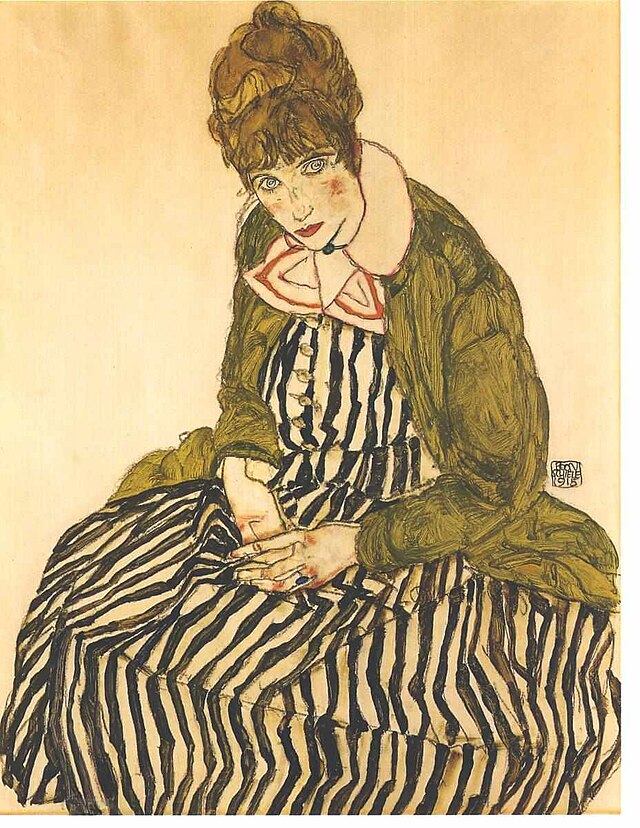
The Rediscovered Schiele Masterpiece: A Factual Account

**The Rediscovery of Egon Schiele’s Masterpiece and Its Cinematic Interpretation**
In 2005, Egon Schiele’s 1914 painting *Wilted Sunflowers (Autumn Sun II)*, lost for almost 70 years after being looted by the Nazis, was unexpectedly found in an apartment in Mulhouse, France. The residents were unaware of the painting’s significance, with initial evaluations presuming it to be a replica. However, it was authenticated and returned to Karl Grünwald’s descendants, Schiele’s friend and original owner, eventually selling for £11.7 million at auction in 2006.
This intriguing history inspired the new film *Auction*, which dramatizes the art world’s complexities while injecting melodramatic elements reminiscent of French cinema. The film speculates about the lives of art experts entangled in personal and professional dilemmas, yet detached from the ethical implications surrounding looted artwork. While the film’s narrative diverges into unrelated subplots, it nonetheless critiques the auctioneers’ focus on profit over justice.
The aftermath of WWII saw many artworks, like Schiele’s, entangled in restitution battles. Films such as *The Rape of Europa*, *Portrait of Wally*, and *Woman in Gold* highlight these stories, advocating for rightful ownership. Unlike its predecessors, *Auction* uniquely detaches its characters from emotional ties to the art, spotlighting their self-serving motivations. The everyday person relinquishing claim to potentially lucrative art underscores a prevailing moral stance against “blood money.”
Despite the film’s attempts to anchor itself in historical events, its fictionalization may dilute viewers’ takeaway of the importance of returning looted art. Ultimately, *Auction* reflects how the art industry often prioritizes commercial gain, an observation that, while accurate, could be portrayed without fictional embellishments. The film debuts on October 29th.